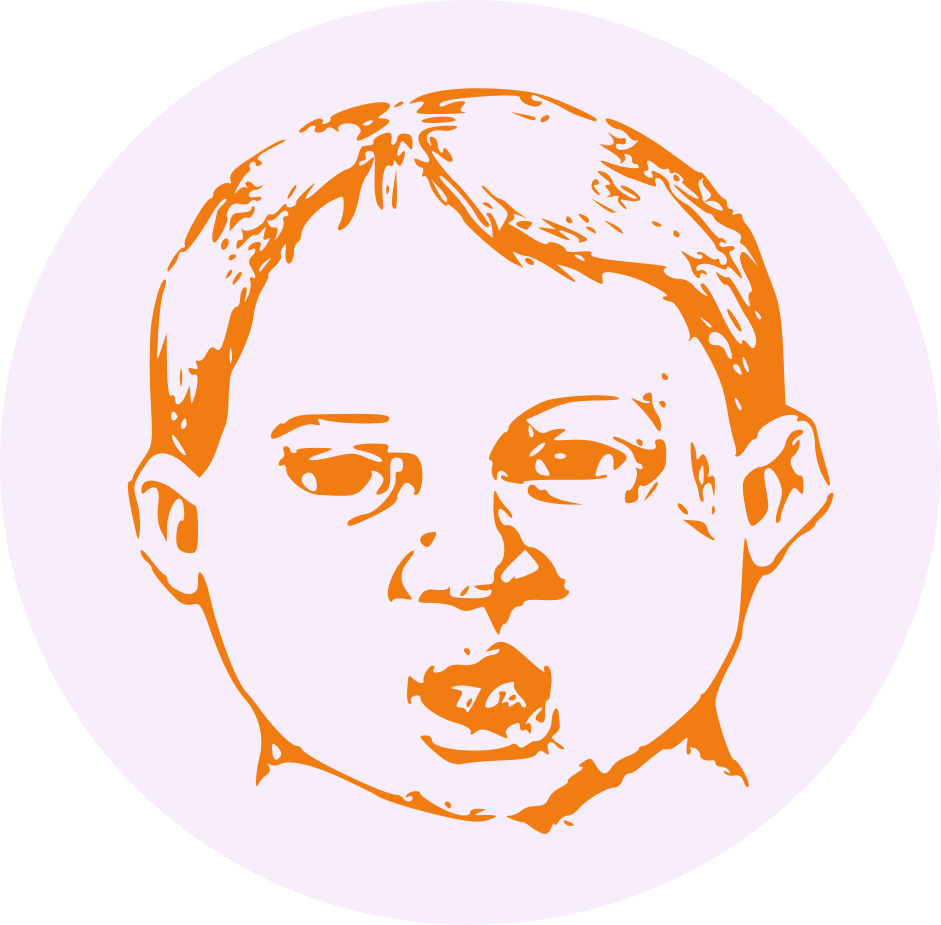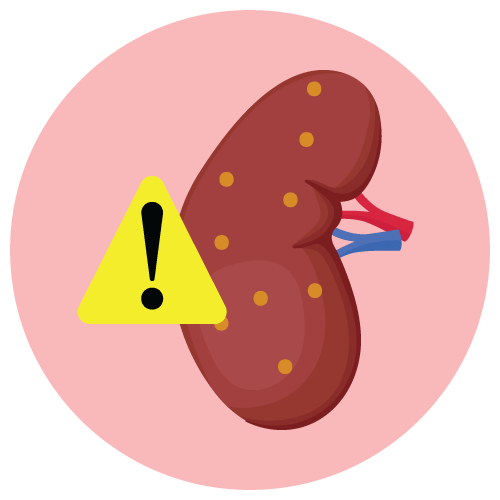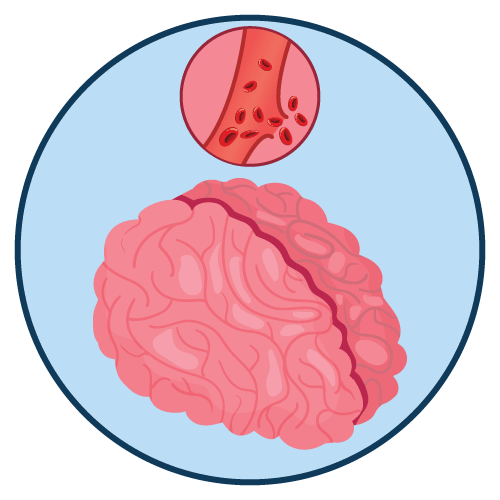Medicine details
| Image |  |
| Name | Juvain 800 |
| Dosage | Tablet |
| Generic Name | Piracetam |
| Classes |
Central Nervous System Agent CNS stimulant |
| Diseases |
CNS Disorder Cognitive Impairement Dementia Downs Syndrome Stroke |
| Company | Opsonin Pharma Limited |
Drug Package Details
| Strength | 800 mg |
| Storage Condition | |
| Origin Country | Bangladesh |
| Commercial Pack | 50 |
| Price per pack | ৳ 301.00 |
| Cost per pack | ৳ 264.88 |
| Package unit | 10 tabs strip |
| Price per unit | ৳ 6.02 |
| Cost per unit | ৳ 5.30 |
| Discount | 0 |
| Coupon | |
| Remarks |
Piracetam
Piracetam belongs to the class of drugs known as nootropics or cognitive enhancers. The exact mechanism of action of piracetam is not fully understood, but it is believed to work by enhancing the transmission of acetylcholine in the brain and increasing the use of glucose and oxygen by brain cells. Piracetam may also affect the cell membrane fluidity and receptor binding in the brain.
Piracetam is indicated for the treatment of cognitive disorders, dyslexia, learning disabilities and vertigo in adults and children. It is also used as an adjunctive therapy in the treatment of myoclonus, a condition characterized by involuntary muscle contractions.
The recommended dose of piracetam varies depending on the indication for use. For cognitive disorders and learning disabilities, the usual adult dose is 2.4-4.8 grams per day, divided into two or three doses. The usual dose for myoclonus is 7.2 grams per day, divided into two or three doses. The dose may be increased or decreased based on the patient's response and tolerance. Piracetam is usually taken orally, with or without food.
The most common adverse reactions associated with piracetam include- bleeding disorder nervousness, agitation, irritability, headache, dizziness, insomnia, and gastrointestinal disturbances. Less common adverse reactions include skin rash, hypersensitivity reactions, and thrombocytopenia.
- Piracetam should be used with caution in patients with renal impairment, as the drug is primarily excreted through the kidneys.
- Piracetam may interact with other drugs that affect blood clotting, such as anticoagulants and antiplatelet agents.
- Piracetam should not be used during pregnancy unless the potential benefits outweigh the risks to the fetus.
- Piracetam may impair the ability to drive or operate machinery and should be used with caution in patients who perform these activities.
- Piracetam may cause drowsiness or sedation and should be used with caution in patients who are elderly or debilitated.
Contraindication
Piracetam is contraindicated in patients with hypersensitivity to the drug or any of its components.
None known.
Piracetam should not be used in patients with severe renal impairment or in patients with cerebral hemorrhage/ stroke.










 Bangla
Bangla English
English